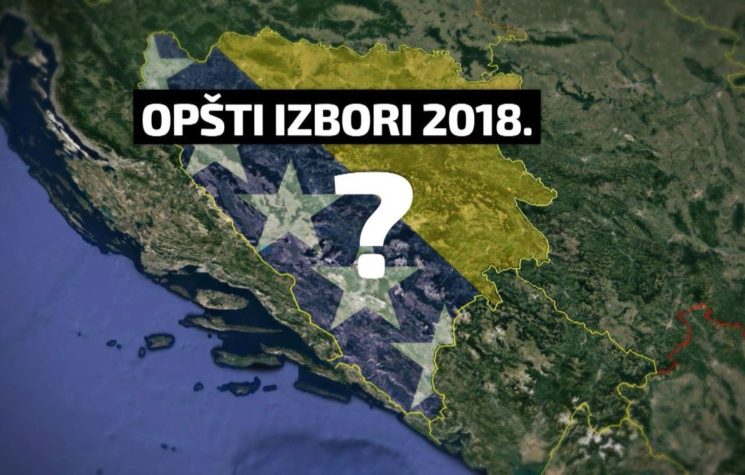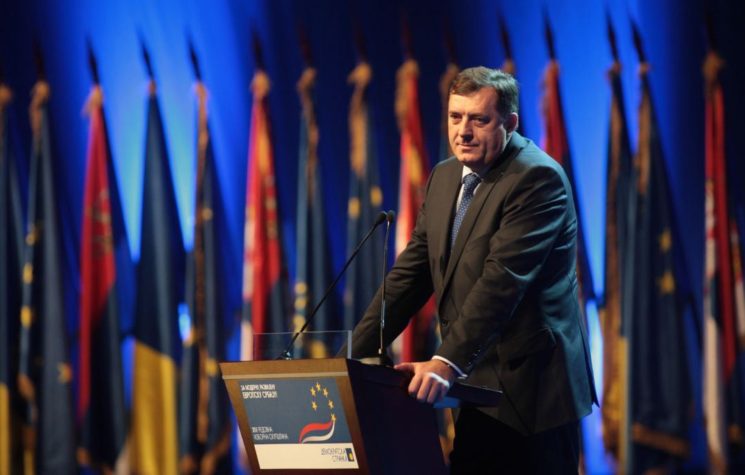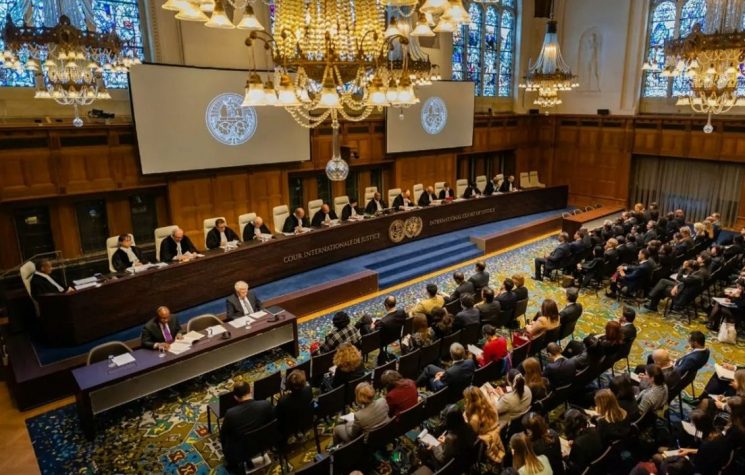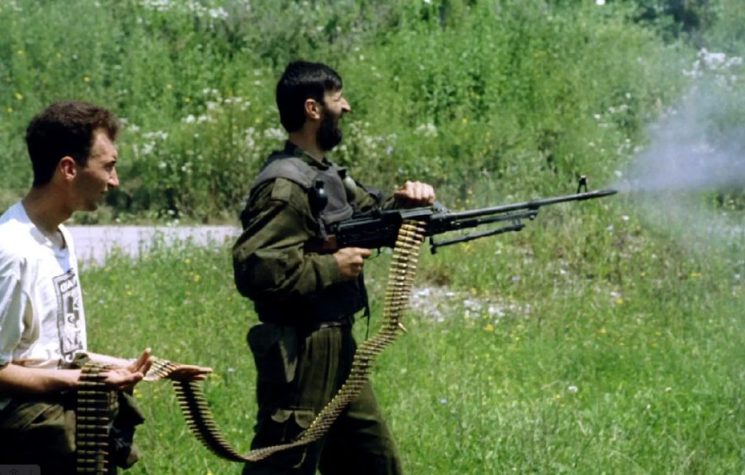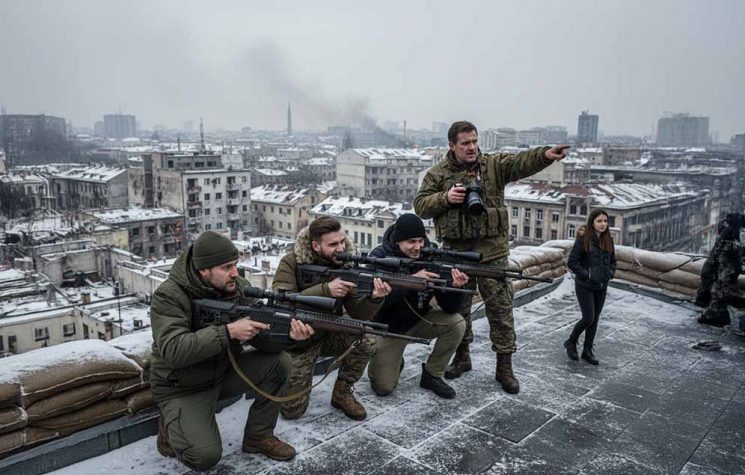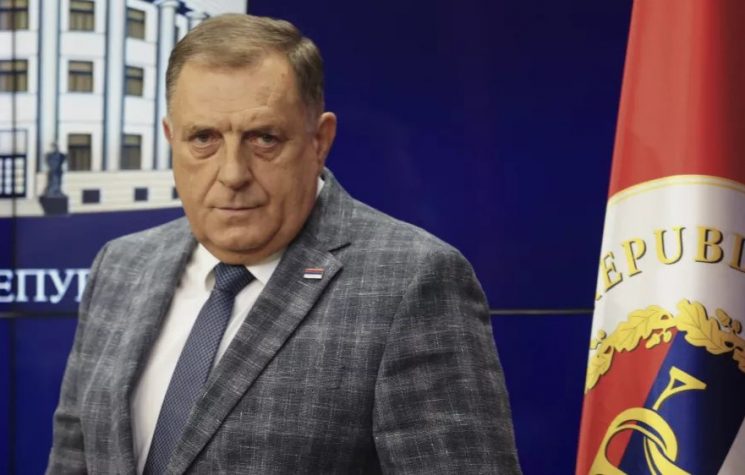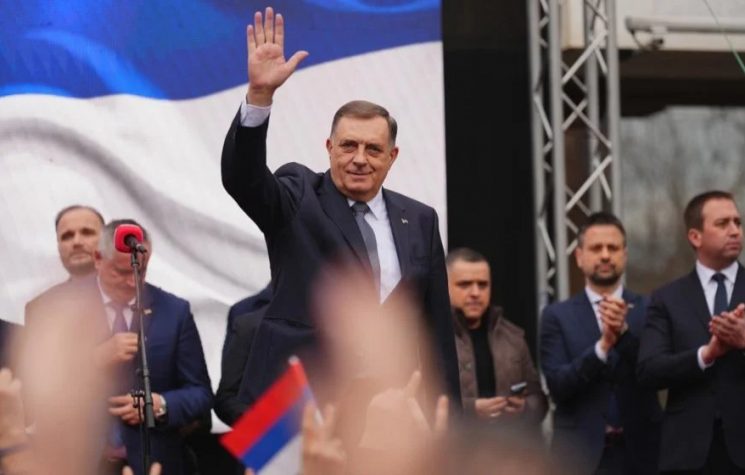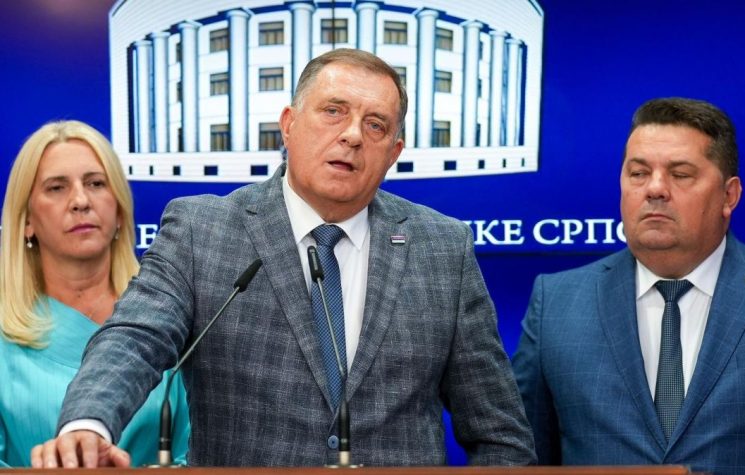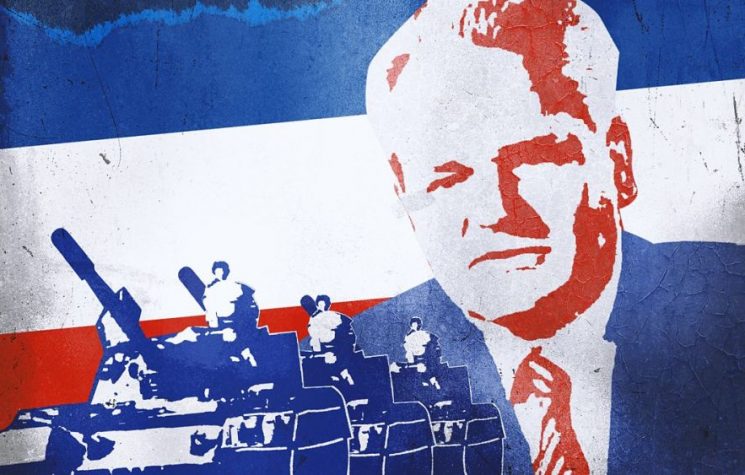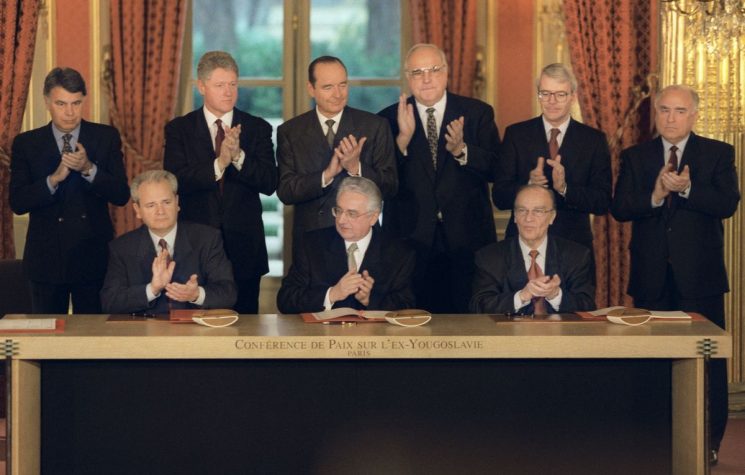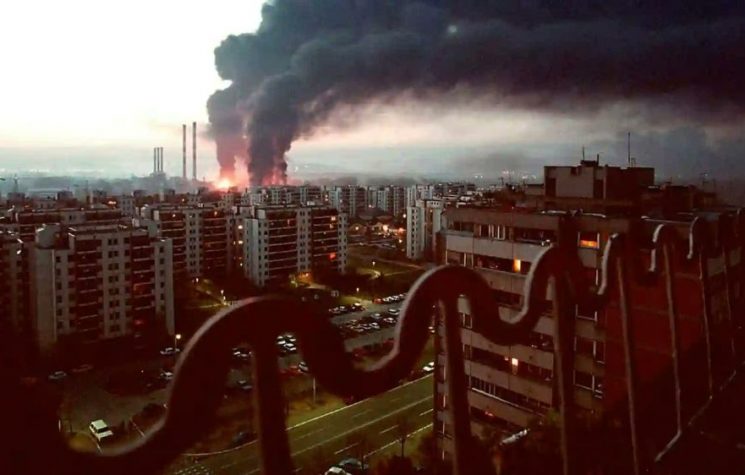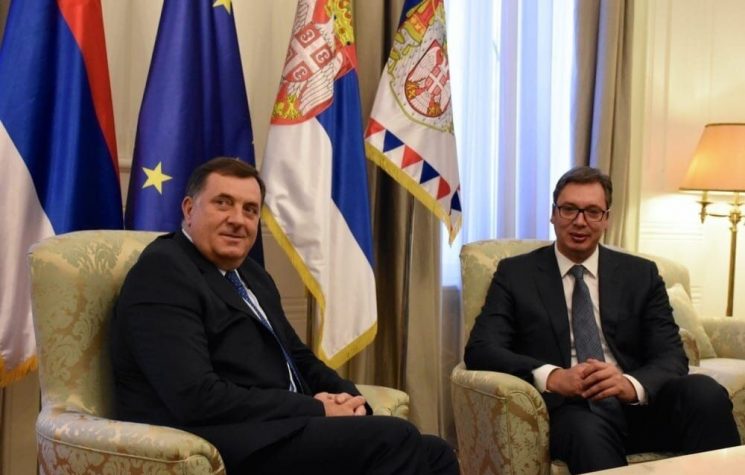No sooner did superficial observers surmise that last year’s painful and divisive commotion over the apparent murder in March of 2018 of the obscure 21-year-old David Dragičević finally subside, then on April 23 another assassination, this time of businessman Slavko Krunić, a slightly more prominent figure, again grabbed the headlines in the Republika Srpska. For those who are not particularly keen on following affairs in that off the beaten path but strategic corner of Europe, some background may be useful.
David was apparently murdered last year as the October 2018 electoral campaign was heating up, and his lifeless body was found lying in a ditch near Republika Srpska’s capital of Banja Luka. The stakes in the murder were considerable, if you were observing the process from the Western point of view. President Milorad Dodik, Putin’s friend and therefore bête noire to Western chancelleries and intelligence services, could not constitutionally run for re-election. But rather than retire, he had the effrontery to declare his candidacy for Serb member of the Presidency of his entity’s umbrella state of Bosnia and Herzegovina. To understand how outrageously that plan must have resonated in Brussels and Washington (not to mention London) it suffices to point out that over the years Dodik has been viciously denounced by those very circles as the gravedigger of the unified Bosnian state. He was charged with the egregious offence of asserting Republika Srpska’s prerogatives under the country’s constitution. Dodik had therefore to be thwarted at any cost. The tragic death of poor David, whether contrived or not, was a literal godsend to the Gene Sharp brigade, which sprang into action forthwith.
Seemingly out of nowhere, a mass protest movement of sorts took shape on the streets of Banja Luka, demanding “Justice for David,” attributing the murder with zero evidence to “regime” skullduggery, and by pure coincidence also becoming increasingly politicized with a raft of other grievances, just as October elections were drawing near. Well, you know the drill, of course. The authorities’ clumsy approach to the murder investigation additionally inflamed the situation. By election time, the damage inflicted on the government’s reputation was considerable. Nevertheless, by the grace of God, or perhaps as a result of Russia’s “malign influence” in the Balkans as the Western atheists would undoubtedly argue, Dodik and his party squeaked through and won the contest. Dodik is now the Serbian member of Bosnia’s Presidency and, to add insult to injury, it happens to be his turn to chair that august body during the current six-month period, making him chief of the state that he is accused of working to destroy. Those whose memory goes back far enough to Congo’s early independence days will recall that Moise Tshombe, initially president of secessionist Katanga, also ultimately worked his way up to become head of the central government which previously he had been accused of undermining.
Anyway, once it was clear that dramatizing David’s dismal fate would be useless to dislodge Dodik and his ruling coalition, someone apparently pushed a button and the noisy public indignation over the youth’s untimely death was over and done with. During several months’ respite that followed, with the admission of Montenegro and Macedonia, the overarching political issue that emerged was Bosnia-Herzegovina’s membership in NATO. Not that anyone there was eager to apply to join, especially not the Serb entity which still had fresh memories of NATO’s terror bombings during the 90s war; rather, it was NATO that made it clear that it was eager to entertain an application from Bosnia’s central government and thus, but for neighboring Serbia, complete the conquest of the Balkan chessboard. However, the additionally emboldened Milorad Dodik – now firmly ensconced in the position of Bosnia’s Tshombe – brashly made it clear that he had no intention of humbly applying to join the club of his people’s tormentors, in which he was fully supported by Republika Srpska’s government. The latter announced that it would veto the NATO accession plan, which would effectively put paid to it.
But someone, somewhere, apparently took great umbrage at this insolence and in late April the brief assassination lull was broken when opposition-linked businessman Slavko Krunić was shot in a professionally executed ambush. Krunić’s main business interest was a security agency with more than 1,000 employees, but he also owned other, unrelated enterprises. Interestingly, for months in 2018 his security firm was providing protection to the “Justice for David” protesters while they were demonstrating in the streets and for a time virtually occupied Banja Luka’s main square. While asserting that he was a Serb, he also billed himself as a “Bosnian patriot” and was a vocal proponent of “Bosnian centralism,” which clearly aligned him with the Western narrative on Bosnia. If WikiLeaks is to be believed, in 2008 he went to see the then US ambassador in Sarajevo to express concerns for his personal safety.
It will soon become manifest whether and to what degree the still unsolved Krunić murder mystery is a replay (or perhaps more precisely, the reincarnation) of the David Dragičević case. “All the usual suspects“ in Republika Srpska’s Western financed opposition are hard at work to whip up a frenzy comparable to last year’s. If in the near future a copy-cat “Justice for Slaviša” movement emerges to again point an accusing finger at the authorities and politically exploit the businessman’s death, that should be a strong hint of who ultimately inspired both ugly events. Paradoxically, a repetition of last year’s scenario will do more than the police have done so far to solve both murders.
Opposition parliamentary deputy Nebojša Vukanović may have inadvertently hit the nail on the head as far as the political background of the Krunić murder is concerned when barely two days after the event on the floor of the National Assembly he asked rhetorically: “How secure am I supposed to feel, or any other citizen, when a man who had a security firm with a 1,000 armed employees was insecure?” As the English bard would say, perhaps “there’s the rub.” Was this, as far as is presently known unmotivated murder committed in the context of the hybrid war against the Republika Srpska, which has been going on for years? Could the objective of causing social instability and generating a widespread sense of insecurity help to explain these strange sequences of events? And given the moral and noble world in which we live, who could possibly be the author of such heinous deeds?
A heavy hint may have been dropped on April 27, just a few days after the murder, by the US internet portal Rich TVX News which strangely eulogized Slaviša Krunić under the attention grabbing heading: „Killing Mr. Bosnia: The Assassination of Slaviša Krunić – One of Country’s Biggest Philanthropists.“ It turns out that with his outstanding human attributes Krunić was being built up as nothing less than the personification of Bosnia as some would like to see it.
Rich TVX News’ unusual interest in this topic is itself quite attention grabbing. Until quite recently, this US internet TV portal was also devoting regular attention to last year’s tragic David Dragičević case, and even more strangely to the political situation in the Republic of Srpska in general under the bombastic heading of „Milorad Dodik’s Streets of Blood – Justice for David. Republika Srpska’s murder rate heads for a new record“. The readily recognizable rhetoric unfailingly points in only one direction.










